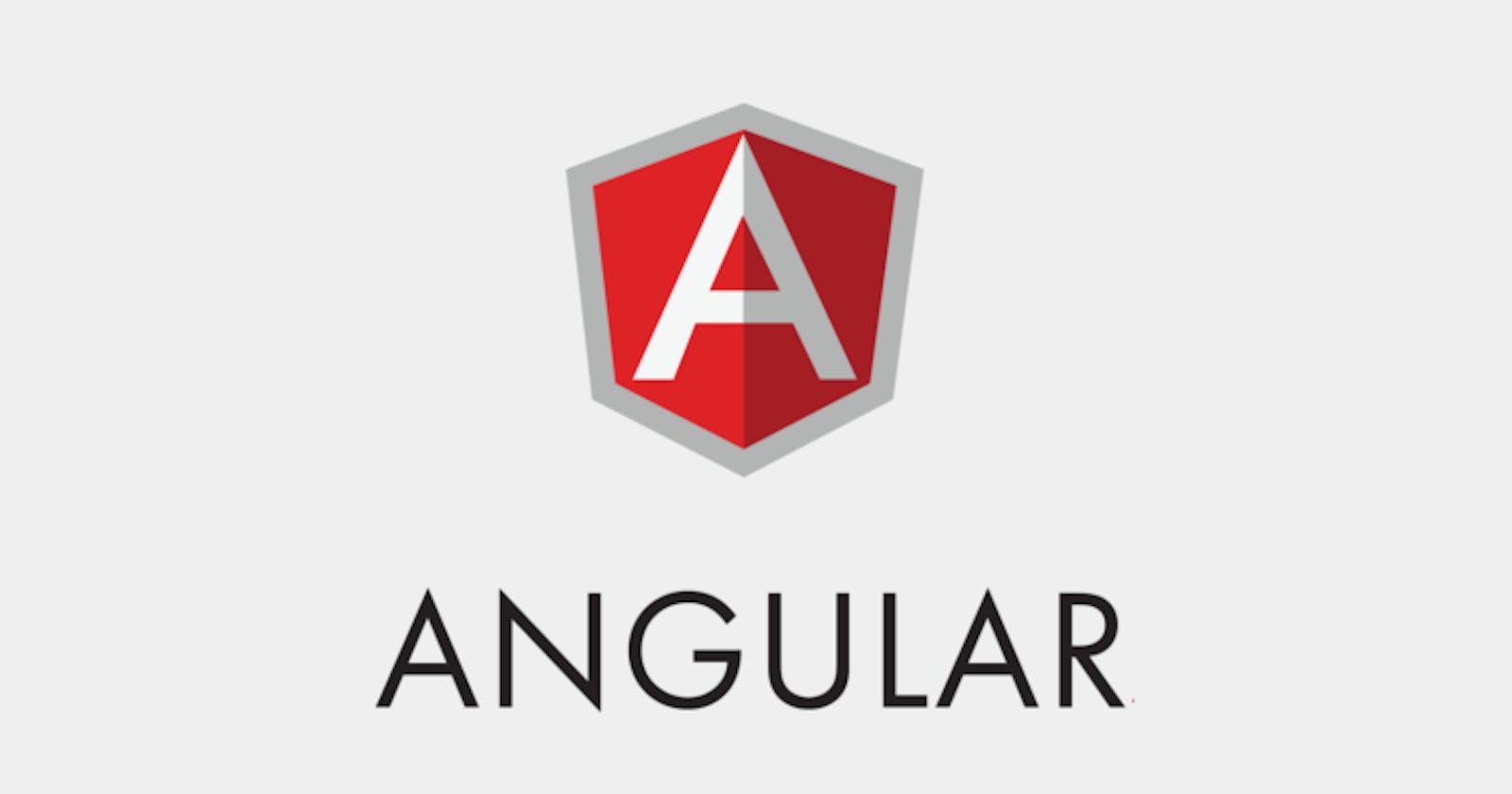If you are looking for a platform that provides quality client-side front-end mobile app development and desktop web apps, then angular is all you need.
Angular took a lot of the community by storm when it was first released in 2010. Back then libraries like dojo, backbone and knockout were at large when it came to developing large web applications. Fast forward to 2016, when the core team at google delivered the successor to AngularJS, or Just Angular. Although it came with a lot of criticism and excitement. And since then we've had Angular2, Angular4, Angular5, Angular6, Angular7, and Angular8 which is the recent version.
It is not deniable that Angular isn't fast growing like vue and not widely used as react. (You can read about react on my blog), but Angular has its own state of identification and in high demands by many developers and teams.
So why should I learn Angular??

- Short learning curve
if you're new to front-end development the number of frameworks can be very overwhelming. Don't let me digress into other frameworks, but let me say choosing angular will make your work a little easier. Of all the front-end frameworks available, Angular will probably take the least amount of time for you to get up to speed with.
There are a ton of factors that go into why Angular has a short learning curve, many of which i might talk about later if i decide to make this a series.
- An Awesome CLI
The Angular CLI (command-line interface) is one of those things that gives angular its short learning curve. The learning curve can be shortened even more with 3rd party tools like the Angular console (regardless if you're new to Angular or not, you'll love this tool, but is not necessary), that gives you a visual tool for the CLI.
One of the things about the CLI is that it will take care of anything you need to do from creating a new Angular project or creating services, components or any other thing your projects need.
- TypeScript
Angular uses TypeScript natively, which was like a massive advantage for me. If you're coming from a background of using typed languages, TypeScript gives you a way to apply brilliant type system to your JavaScript code. If you're a .NET person, you'll definitely enjoy using this. Even if you haven't written a code before, TypeScript is a pretty good first language to use. It will make you familiar with a lot of OOP principles that are directly transferable to other languages that JavaScript would otherwise not.
- Declarative UI
The UI of the application is defined by HTML that in turn is used by Angular. Unlike JavaScript, HTML is a less complex language. All you have do is frame the requirements and let angular do the rest of the work. You are not supposed to spend a lot of time in program flows and in deciding what loads first.
- MVVM Architecture
To develop robust and interactive developing web applications, Angular makes use of Model–view–viewmodel architecture. It is the modern structure of the MVC pattern. Due to this reason, the focus remains the same for MVVM like MVC (Model–view–controller) implementation where you will require to split the domain logic and the presentation layer.
- Modular Structure
Angular organize the code into buckets or modules. These buckets maybe components, directives, pipes or services. The functionality can be easily organized is segregated into features and reusable chunks. With Angular, the labor is divided across multiple team members with organized code assurance.
With large support from community of skilled engineers, Angular is built and maintained by them. This community houses both the core development team and the ones with technical expertise with a guest appearance in the community to enhance the performance by fixing issues.
Conclusion
Why angular is used for web and mobile app development should not be an unanswerable question now. With its high quality and rich ecosystem, Angular has gained a lot of attention this year and is forecasted to remain in demand for the coming years. The current state of Angular9 has been proving its endless demand among the businesses and developers due to the capacity of providing faster and smaller applications.
Happy coding
